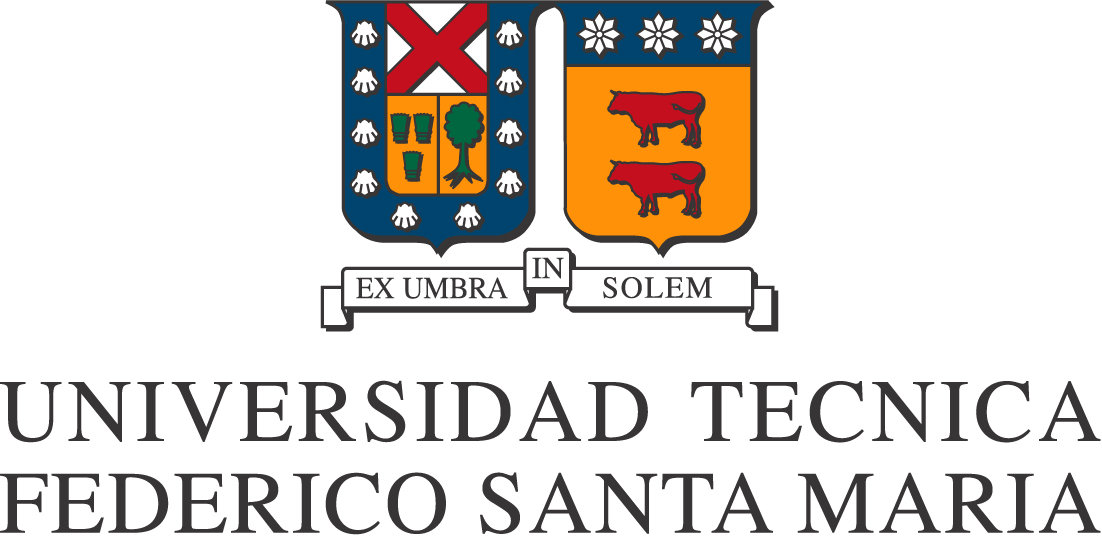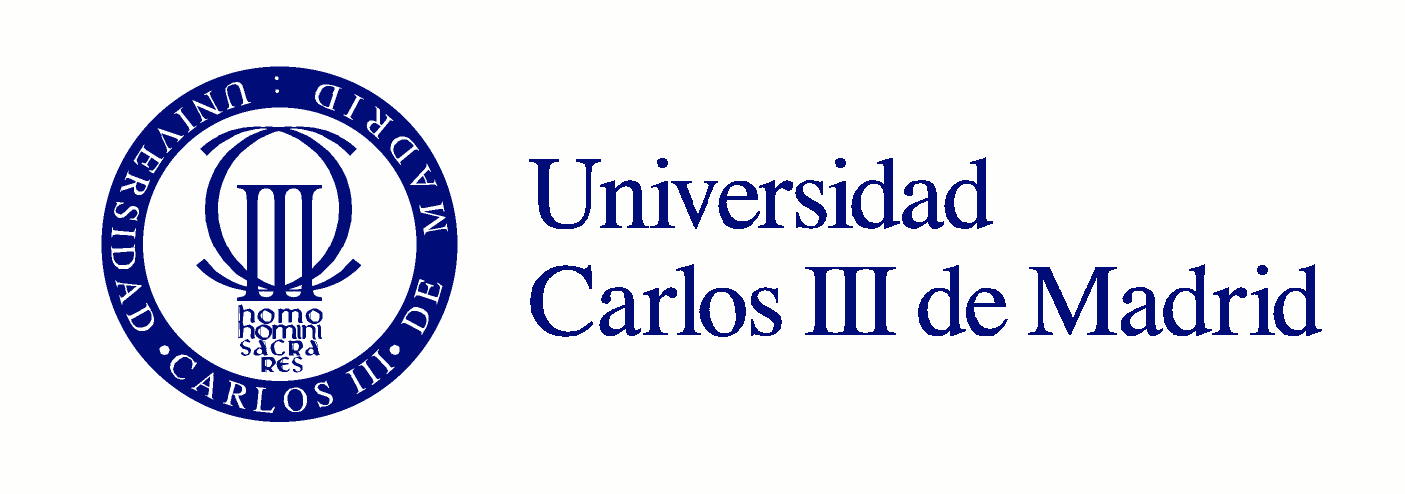Keynotes
|
| Keynote 1: |
|
Dr. Pablo Zegers was born in Santiago, Chile. He received his Bachelor in Engineering and his Professional Engineer degree from the Pontificia Universidad Católica, Chile, in 1992, his M.Sc. from The University of Arizona, USA, in 1998, and his Ph.D., also from The University of Arizona, in 2002. He was an Associate Professor in the School of Engineering and Applied Sciences of the Universidad de los Andes, Chile and is currently working in commercial research and development in Sortbox SpA, Webdox SpA and Anastasia SpA. His interests are artificial intelligence, machine learning, neural networks, and information theory. He is a Senior Member of the IEEE, and was part of the board of the Chilean IEEE section.
Deep Learning:
The talk will present the history of neural networks and its current and famous version: deep learning. We will discuss the evolution of architectures and how extremely powerful systems have finally been found. We will also illustrate how these techniques are affecting our daily lives and shaping the economic markets.
|
| Keynote 2: |
|
Prof. Ricardo Contreras is an associate professor in the Department of Computer Science at the University of Concepción, Chile. His research focuses on artificial intelligence and evolutionary computation. His current research interests include bio-inspired system for solving optimization problems. He received an MSc in computer science from the Pontifical Catholic University, Rio de Janeiro, Brazil.
Metaheuristics for Pattern Recognition
Meta-heuristics, are problem-independent techniques. As such, they do not take advantage of any specificity of the problem and, therefore, can be used as black boxes. This talk will present some artificial life based approaches our research team has been dealing with, that can help to solve an interesting set of optimization problems. Specific developments will be presented, to illustrate the benefits of this approach. In particular, this talk will exhibit some results obtained by using genetic algorithms, ant colony algorithms and a new technique that all explore the bacteria metaphor.
|
| Keynote 3: |
|
Prof. Ebroul Izquierdo PhD, MSc, CEng, FIET, SMIEEE, MBMVA, is Chair of Multimedia and Computer Vision and head of the Multimedia and Vision Group in the school of Electronic Engineering and Computer Science at Queen Mary, University of London. Prof. Izquierdo is an IET Chartered Engineer, a member of the Visual Signal Processing and Communications Technical Committee of the IEEE Circuits and Systems Society and member of the Multimedia Signal Processing technical committee of the IEEE. He has been associated editor of the IEEE Transactions on Circuits and Systems for Video Technology (from 2002 to 2010), the IEEE Transactions on Multimedia (from 2010 to 2015). He is member of the editorial board of the EURASIP Journal on Image and Video processing (from 2004 to date) and several other international journals in the field. Prof. Izquierdo has been member of the organizing committee of several conferences and workshops in the field of image and video processing including The IEEE International Conference on Image Processing (ICIP), The IEEE International Conference on Acoustics, Speech, and Signal Processing (ICASSP), The IEEE International Symposium on Circuits and Systems (ISCAS), The IEEE Visual Communications and Image Processing Conference (VCIP) and The IEEE International Conference on Multimedia & Expo (ICME). He has chaired special sessions and workshops in ICIP, ICASSP, ISCAS, VCIP and ICME.
Face Recognition in the Wild:
Automated face recognition is one of the oldest and probably best understood tasks in computer vision. Due to the plethora of applications, it is also the basis for a fast evolving technology drawing attention from researchers and practitioners in several fields including forensics, biometrics, visual information retrieval, automated surveillance and internet driven social networking. Despite its maturity, face recognition algorithms fail badly when the image capturing conditions are not ideal. Furthermore, in most critical applications it requires extremely high accuracy under very adverse conditions including significant variations in image quality, scale, orientation, noise and distortions induced by other faces or objects in the same image. This makes an already difficult problem even harder.
n this talk important aspects of face recognition and few crucial applications will be presented. Starting with key open technical challenges, some important generic aspects of face recognition will be discussed. The state of the art in face recognition technology will be then outlined. The talk will subsequently refer to essential mathematical and statistical methods used to achieve highly accurate face recognition, as well as, the advantages and disadvantages of available algorithmic solutions. The usefulness of face recognition, as a tool to help forensic investigators when mining the vast amounts of data in crime solving, will be presented. Furthermore, examples of recent technological developments in two specific application scenarios will be presented. The first one relates to the recognition of people across a social networks and consumer photo collection by exploiting contextual information extracted from social semantics. The second refers to recent theoretical developments that promise to deliver a quantum leap in the accuracy of face extraction and recognition under very adverse conditions.
|
| Keynote 4: |
|
Prof. Oscar Corcho is Full Professor at Universidad Politécnica de Madrid (UPM), and he belongs to the Ontology Engineering Group (OEG). As part of his involvement in the Open Data Institute node in Madrid, Oscar leads the Spanish thematic network on Open Data for Smart Cities, where joint guidelines and vocabularies are being proposed for the harmonisation of datasets across open data portals in Spain. He has been also involved in the creation of the Spanish technical norm UNE178301:2015 on Open Data for Smart Cities, which proposes a maturity model to assess and improve the quality of open data implementations for cities, and on the ongoing OjoalData100 initiative for the identification of the 100 most relevant open datasets for cities. And he has advised on the implementation of the open data API for Zaragoza. Furthermore, in 2013 Oscar co-founded Localidata, a company specialised on providing support on the implementation of open data strategies by cities. See more presentations about Oscar’s work on open data.
Towards the homogeneisation of open data published by cities:
Existing international and national regulations on the reuse of Public Sector Information have motivated the creation of a large set of open data portals worldwide. This is the case of Spain, for instance, where the national government and national agencies, as well as regional governments and institutions, and local city councils, have started publishing actively open data in their corresponding portals. However, this wealth of data has been generated in a bottom up fashion, what means that the selection of the datasets to be published is done by those publishers independently, and that the formats and data structures in which such datasets are available are generally very heterogeneous. This generates problems for those companies and individuals who want to reuse such data across several institutions. In this talk we will present the work that has been done in the context of one of the Spanish normalisation working groups towards the definition of an open data maturity model for cities and for the selection of a set of ten datasets to be published by cities, and which is now being extended to handle many more datasets.
|
Local organisation:


|
(c) Website: Sergio A Velastin/IET, 2009-...
|
|
|

